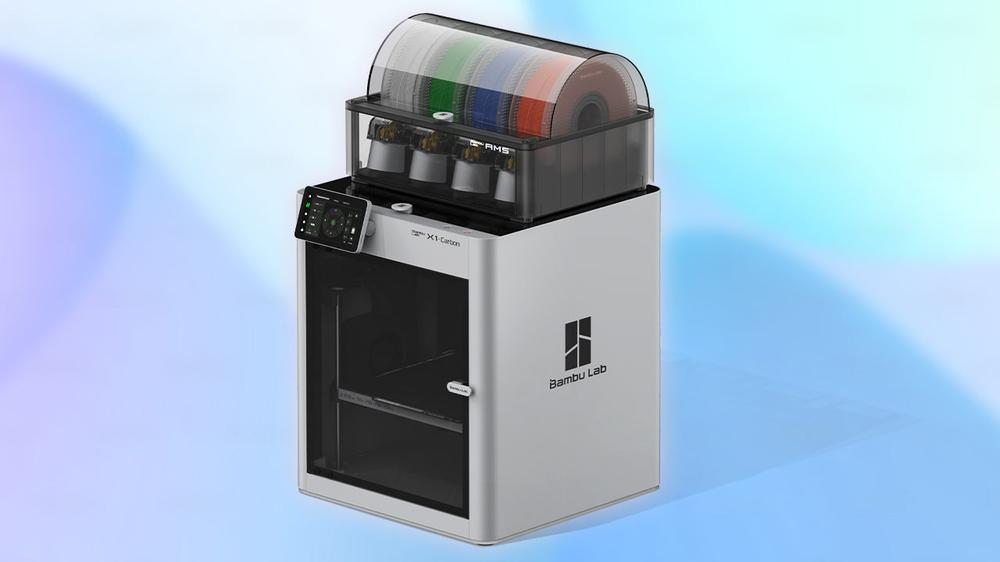SpaceX's complaints to the Federal Communications Commission have helped the satellite company land a $17 billion deal to buy spectrum licenses from EchoStar.
The deal consists of up to $8.5 billion in cash and up to $8.5 billion in SpaceX stock, EchoStar said. SpaceX also agreed to pay $2 billion worth of interest payments on EchoStar debt through November 2027.
After SpaceX alleged that EchoStar subsidiary Dish Network "barely uses" its spectrum and urged the FCC to make the spectrum available to other carriers, FCC Chairman Brendan Carr announced an investigation into EchoStar and threatened to revoke its spectrum licenses. EchoStar countered that it had met the network construction deadlines associated with its spectrum licenses, but decided to start selling off the licenses instead of fighting the FCC.
The first major result of Carr's license threat was that EchoStar last month agreed to sell $23 billion worth of spectrum licenses to AT&T. Today, EchoStar announced its $17 billion deal to sell its AWS-4 and H-block spectrum licenses to SpaceX. These are in the 1.9 and lower 2 GHz spectrum bands.
"EchoStar anticipates this transaction with SpaceX along with the previously announced spectrum sale will resolve the Federal Communications Commission's (FCC) inquiries," EchoStar's press release said. EchoStar's deals with AT&T and SpaceX both require regulatory approval before they can be finalized.
SpaceX said it is buying 50 MHz of spectrum in the US "as well as global Mobile Satellite Service (MSS) spectrum licenses," and that the purchase will help boost Starlink's Direct to Cell satellite constellation that provides service to mobile phones. "Exclusive access to this spectrum, along with use of optimized 5G protocols designed for satellite connectivity, will enable a step change in performance for Starlink Direct to Cell," SpaceX said.
SpaceX said its next generation of cellular-capable satellites "will support an overall capacity increase of more than 100x [over] the first generation Starlink Direct to Cell system. In most environments, this will enable full 5G cellular connectivity with a comparable experience to current terrestrial LTE service, which will be used in partnership with Mobile Network Operators to augment high capacity terrestrial 5G networks."
EchoStar to get Starlink Direct to Cell access
Although EchoStar is selling off its spectrum, its Boost Mobile brand will continue to provide cellular service through deals with AT&T and T-Mobile. It will also have access to Starlink's cellular capabilities as part of the deal announced today.
"In connection with the transaction, SpaceX and EchoStar will enter into a long-term commercial agreement, which will enable EchoStar's Boost Mobile subscribers... to access SpaceX's next generation Starlink Direct to Cell service," EchoStar said.
During President Trump's first term, the US government tried to help Dish Network become the fourth major national wireless carrier. T-Mobile's 2020 purchase of Sprint came with government-imposed conditions requiring the companies to sell Dish spectrum licenses, wholesale network access, and Sprint's prepaid business.
Dish was required to cover 70 percent of the US population with 5G by June 2023. Dish said it met that requirement in a June 2023 announcement.
Dish, which had additional network-deployment obligations, obtained extensions for some of its construction deadlines. Carr was particularly angry about a September 2024 decision in which the Biden-era FCC approved a deadline extension.
"I have directed agency staff to begin a review of EchoStar's compliance with its federal obligations to provide 5G service throughout the United States per the terms of its federal spectrum licenses," Carr wrote in a May 9 letter to EchoStar Chairman Charles Ergen. Carr's letter said that EchoStar didn't meet its obligations and "negotiated behind closed doors during the previous Administration in September 2024."
Ergen responded that EchoStar had "met or exceeded all of the commitments we have entered into with the FCC to date," but the company has struggled to compete against the three major carriers. The FCC investigation spurred EchoStar to skip debt-interest payments and consider a bankruptcy filing, setting the stage for the spectrum sale agreements with AT&T and SpaceX.

 Save $250 Off the Bambu X1C Combo CoreXY 3D Printer with AMS Module at Best Buy
Save $250 Off the Bambu X1C Combo CoreXY 3D Printer with AMS Module at Best Buy